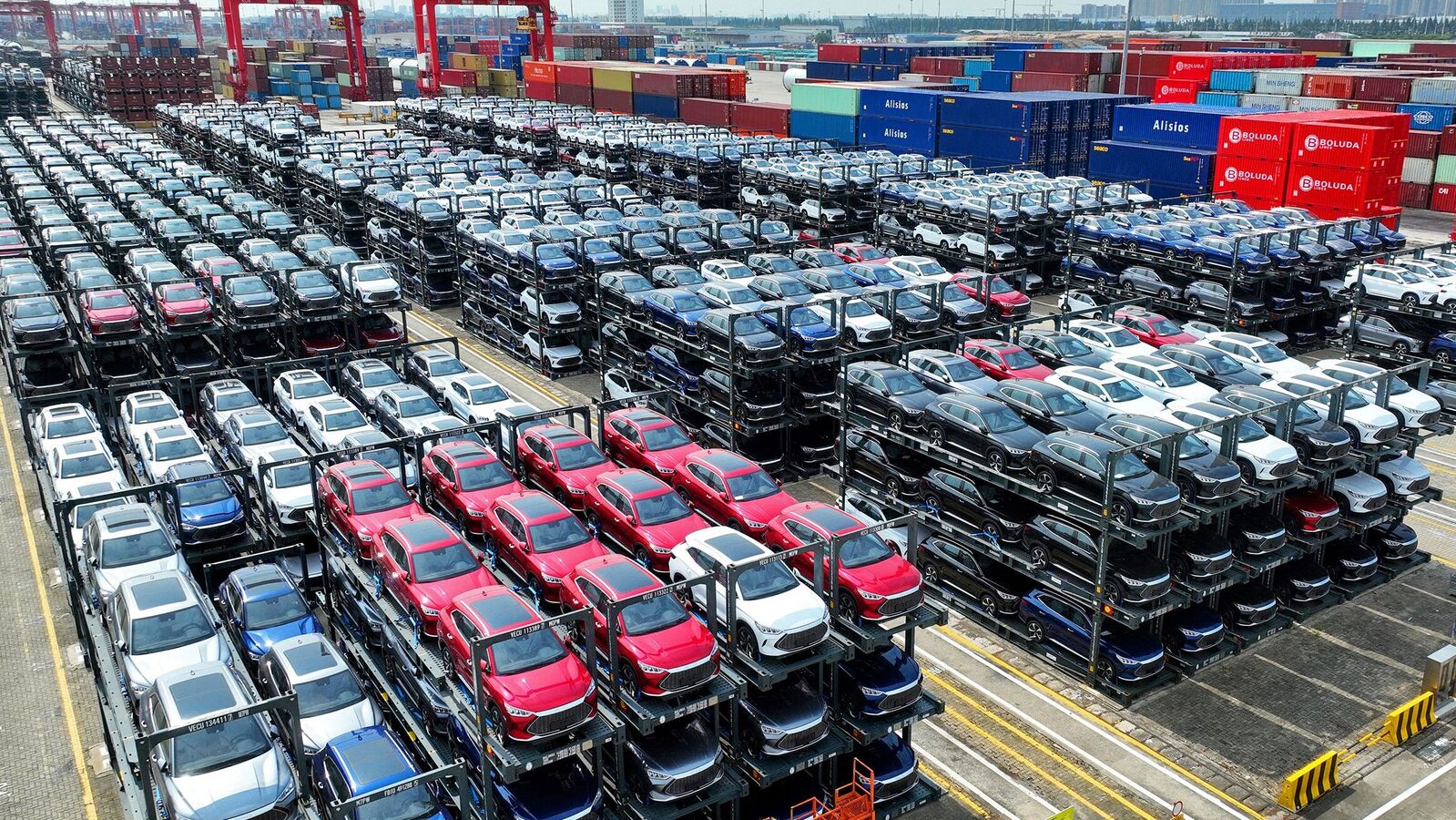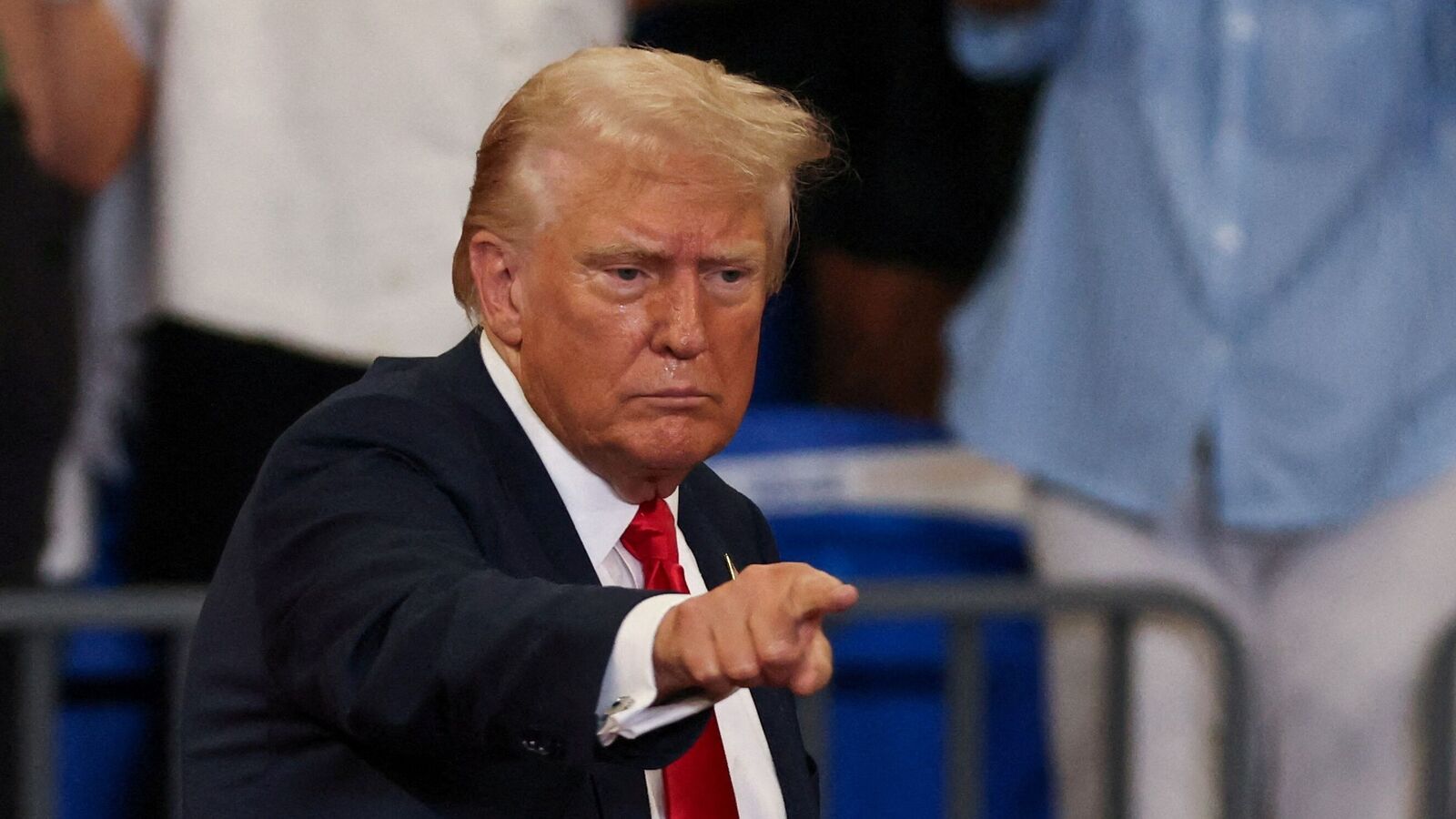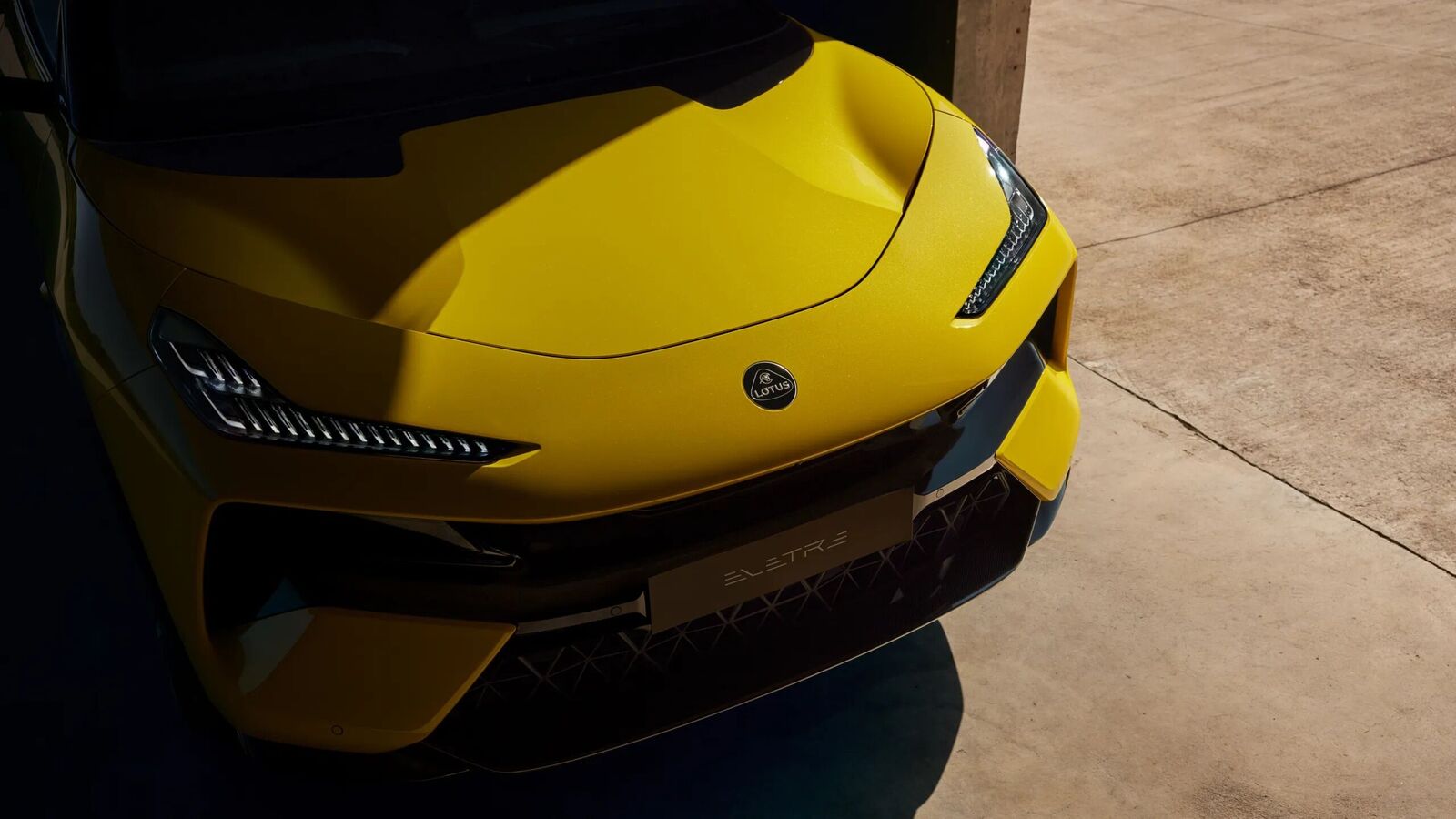- The EU and China are discussing a solution to the EV tariff war.
The EU is seeing very limited progress in talks with China aimed at finding an alternative to tariffs on electric vehicles, and the bloc sees little chance of a quick deal at the moment, according to people familiar with the matter.
China and the EU will continue technical talks this week after discussions in Beijing where both sides reported some progress.
However, the chances of a deal are slim at the moment, said the people, who spoke on condition of anonymity to discuss private talks. China has not yet moved toward strict EU requirements to ensure that any arrangement is enforceable and matches the impact of anti-subsidy tariffs adopted last month, the people said.
The two sides are exploring an agreement on so-called price undertakings – a complex mechanism to control prices and volumes of exports, which is used to avoid tariffs.
Recent talks have mostly focused on establishing a communication mechanism between Brussels and Beijing, as well as avoiding the risk of so-called cross-compensation, whereby any minimum import price on EVs is offset by hybrid cars and accessories such as are offset by sales of other goods. people said.
The two sides also remain at odds over the possibility of agreements with individual carmakers, including European companies that have joint ventures with Chinese companies. The EU argues that such deals would be consistent with World Trade Organization rules, while Beijing insists on negotiating an umbrella agreement led by a Chinese trade body.
China has threatened to respond to the EV tariffs with tariffs of its own on dairy, pork and brandy. The EU has said it will protect its interests in those cases while opposing linking the investigation to any kind of grand bargain.
Earlier this month, Beijing filed a request with the WTO to hold dispute consultations on EV tariffs. The EU adopted additional fixed tariffs of up to 35% last month and they will remain in place for the next five years without an alternative agreement.
Get information about upcoming cars in India, electric vehicles, upcoming bikes in India and cutting-edge technology that is changing the automotive landscape.
First publication date: 12 November 2024, 10:00 am IST



